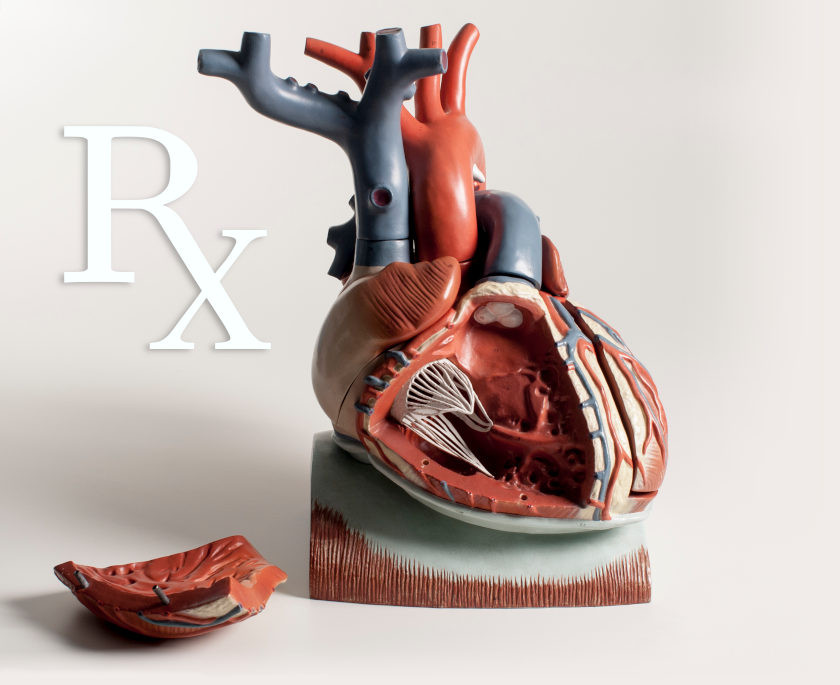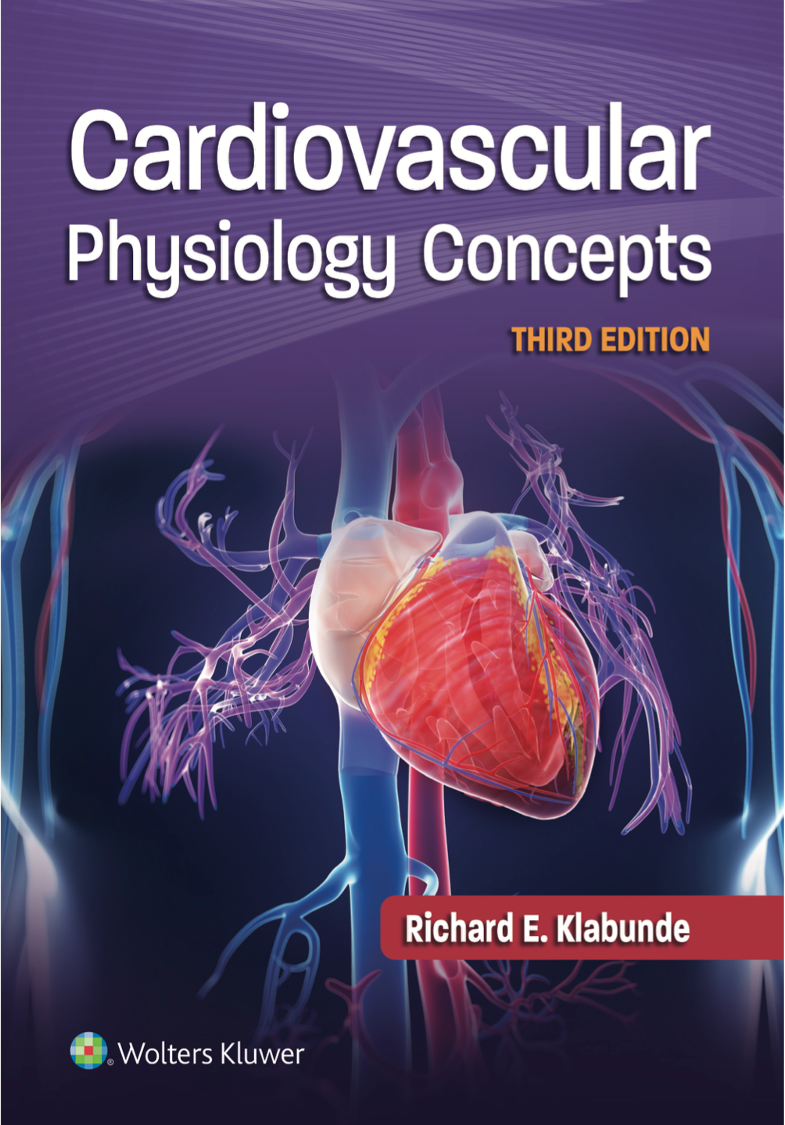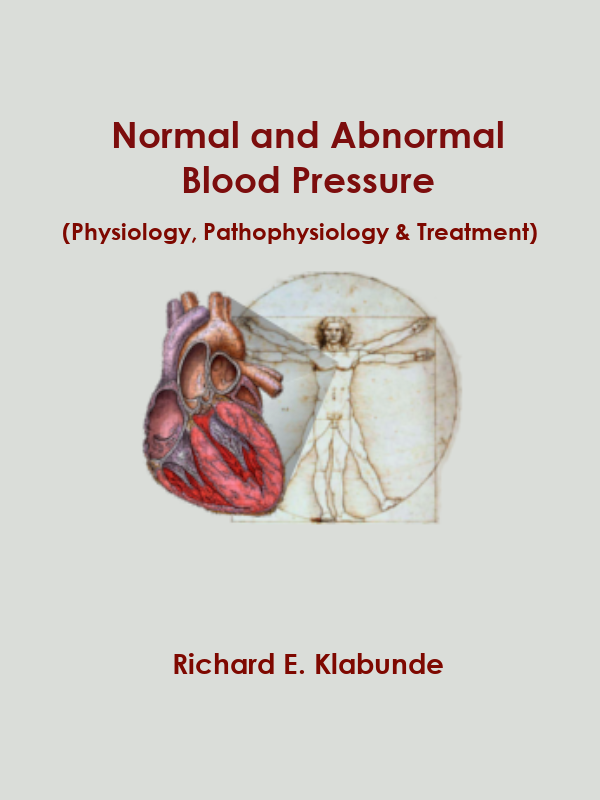Electrolyte Supplements (Magnesium and Potassium)
Magnesium is an important ion in many enzymatic reactions, including cardiac Na+-K+-ATPase. Hypomagnesemia can inhibit this vital ion transport system and lead to cellular depolarization.
Potassium ion plays an essential role in membrane potentials, particularly in the resting membrane potential. It is also essential in the repolarization phase of cardiac pacemaker and non-pacemaker action potentials (phase 3).
Therefore, hypomagnesemia (serum concentration <1.5 mg/dL) and hypokalemia (serum concentration <3.5 mg/dL; severe hypokalemia, <2.5 mg/dL) can precipitate cardiac arrhythmias, which include ventricular tachycardia and fibrillation, premature ventricular complexes, supraventricular tachycardias (e.g., Wolff-Parkinson-White Syndrome), atrial tachycardias, including flutter and fibrillation, and arrhythmias associated with digitalis toxicity.
For treating hypomagnesemia-associated arrhythmias, magnesium sulfate may be administered intravenously. Oral magnesium supplementation can be administered using magnesium gluconate, oxide, or hydroxide salts. Potassium chloride may be administered intravenously or orally.
Revised 11/30/2023

 Cardiovascular Physiology Concepts, 3rd edition textbook, Published by Wolters Kluwer (2021)
Cardiovascular Physiology Concepts, 3rd edition textbook, Published by Wolters Kluwer (2021) Normal and Abnormal Blood Pressure, published by Richard E. Klabunde (2013)
Normal and Abnormal Blood Pressure, published by Richard E. Klabunde (2013)